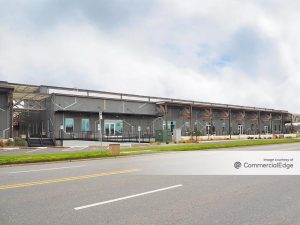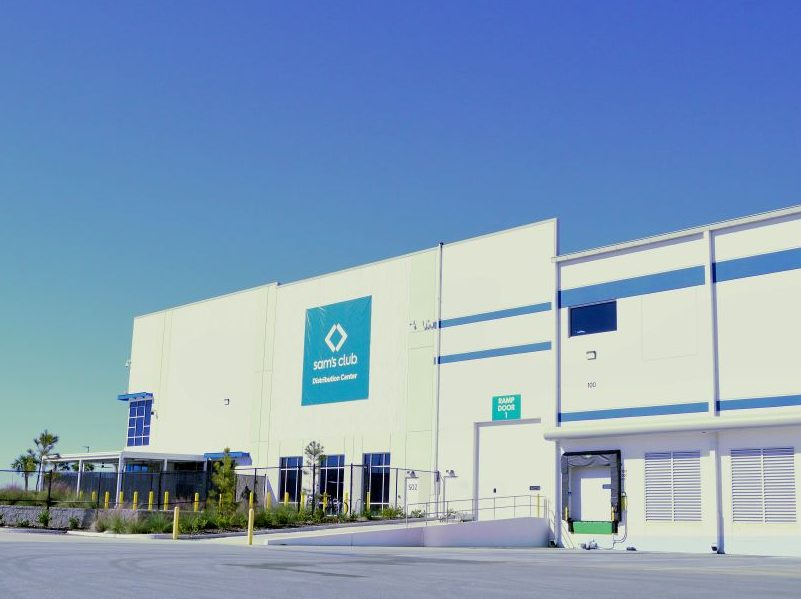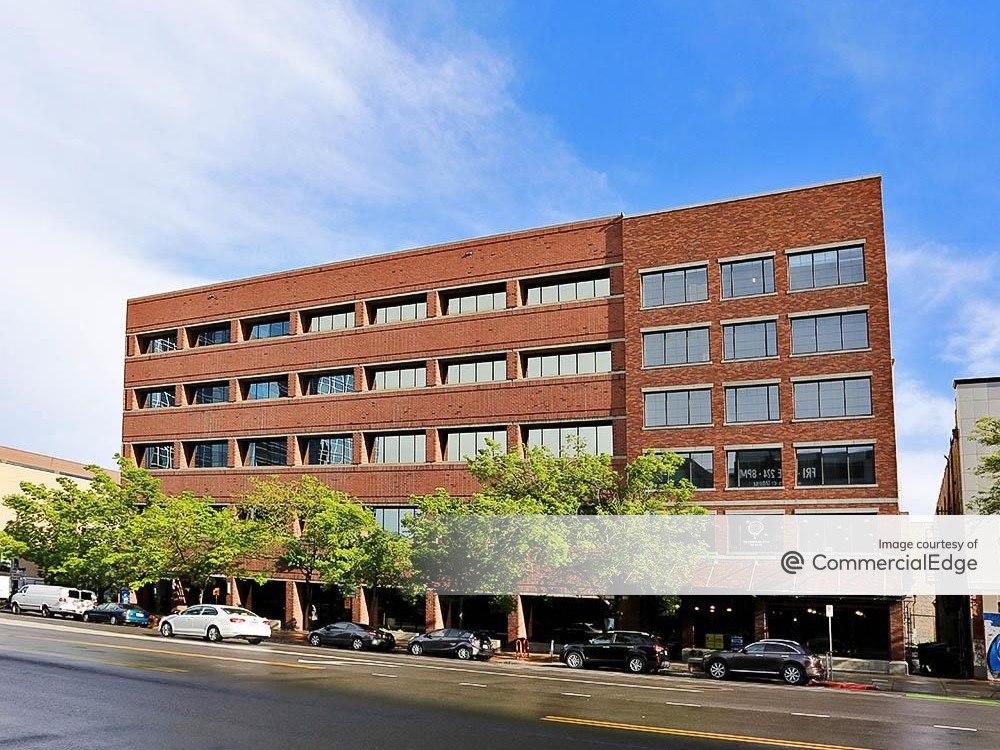Charlotte Office Market Held Steady in Q1
Details on Queen City’s development, leasing and investment trends, according to CommercialEdge data.
Charlotte’s office market has remained relatively unaffected by nationwide economic unrest recorded through the first quarter of 2023. Office-using employment in the metro continued to grow, up 2.2 percent on a year-over-year basis as of February and prompting office construction to continue at a steady pace. Here’s how Charlotte’s office market performed in the first three months of the year, according to CommercialEdge data.
Office construction on the upswing
Some 2.8 million square feet of office space were underway in Charlotte as of March, representing 3.8 percent of total stock. The rate was more than double the national figure of 1.8 percent.
READ ALSO: Top 5 Markets for Office Construction in the South

600 South Tryon. Image courtesy of Square Mile Capital
Significant developments in the market included 600 South Tryon, the fourth office building at the 10-acre Legacy Union mixed-use development in Uptown Charlotte. Lincoln Harris is developing the 24-story, 415,000-square-foot tower in partnership with the real estate arm of Goldman Sachs Asset Management. Square Mile Capital provided $184 million in construction financing for the project that is slated for completion by the fourth quarter of 2024.
110 East is the only office development in Charlotte’s South End that was constructed directly on a light rail platform. Shorenstein Properties and Stiles broke ground on the 370,000-square-foot project in January 2022. The 23-story building at 110 East Blvd. will be ready for occupancy in March 2024.
As remote work has become the new norm for many large companies, the future remaines uncertain for the city’s largest office development, accounting for 28.6 percent of the pipeline. In 2021, Centene Corp. broke ground on what was, at the time, its future 800,000-square-foot corporate headquarters. After one year of construction, when the $1 billion campus in University City was nearly complete, the corporation abandoned the project and tapped Cushman & Wakefield to market the property for sale.
Leasing activity improved throughout the quarter
Charlotte’s office market has seen constant improvement in leasing activity since the beginning of the year. After clocking in at 13.2 percent in January and at 12.7 percent in February, the metro’s vacancy rate reached 11.4 percent at the end of March. The value was also 530 basis points lower than the national vacancy rate of 16.7 percent, which was up 20 basis points over the month.
READ ALSO: A Closer Look at Tech Layoffs’ Impact on Office Leasing

Gama Goat Building. Image courtesy of CommercialEdge
The Queen City’s low vacancy rate put it in first position among similar secondary markets. Dallas-Fort Worth ranked second, with a 16.6 percent vacancy rate as of March, while Phoenix (18.2 percent), Atlanta (19.8 percent) and Austin (22.2 percent) followed.
In one of the quarter’s largest transactions, Bolton & Menk signed an 11-year, 24,600-square-foot lease at 1801 N. Graham St., Camp North End’s Gama Goat Building. The civil engineering firm chose Charlotte as its permanent Southeast headquarters following the merger with ColeJenest & Stone and will relocate from 200 S. Tryon St. in mid-2023.
Charlotte’s coworking scene trails peers
Charlotte had some 450,000 square feet of shared office space as of March, representing 1.2 percent of its total rentable office space. The metro’s coworking inventory accounts for less than its comparable secondary markets. Atlanta led the fold, with 2.0 percent of rentable office space, followed by Austin (1.8 percent), Phoenix (1.5 percent) and Dallas-Fort Worth (1.5 percent).
Regus was the largest coworking operator in Charlotte at the end of the first quarter, with an inventory of more than 170,000 square feet. Other flex office providers included Hygge (92,800 square feet) and WeWork (80,000 square feet).
Fewer office sales for smaller prices
Transactions were few across Charlotte’s office market in the first quarter of 2023. Only three office properties, totaling some 158,000 square feet, changed hands in the metro for a combined $25 million. The amount of traded square footage was more than five times smaller than in the first quarter of 2022, when nearly 799,000 square feet changed hands for approximately $163 million.
The median price per square foot was $155 in March, below the national average of $195 and down 47.5 percent year-over-year. When compared to similar secondary markets, the metro trailed Austin ($392 per square foot), Dallas-Fort Worth ($344 per square foot) and Phoenix ($210 per square foot), surpassing only Atlanta ($103 per square foot).








You must be logged in to post a comment.